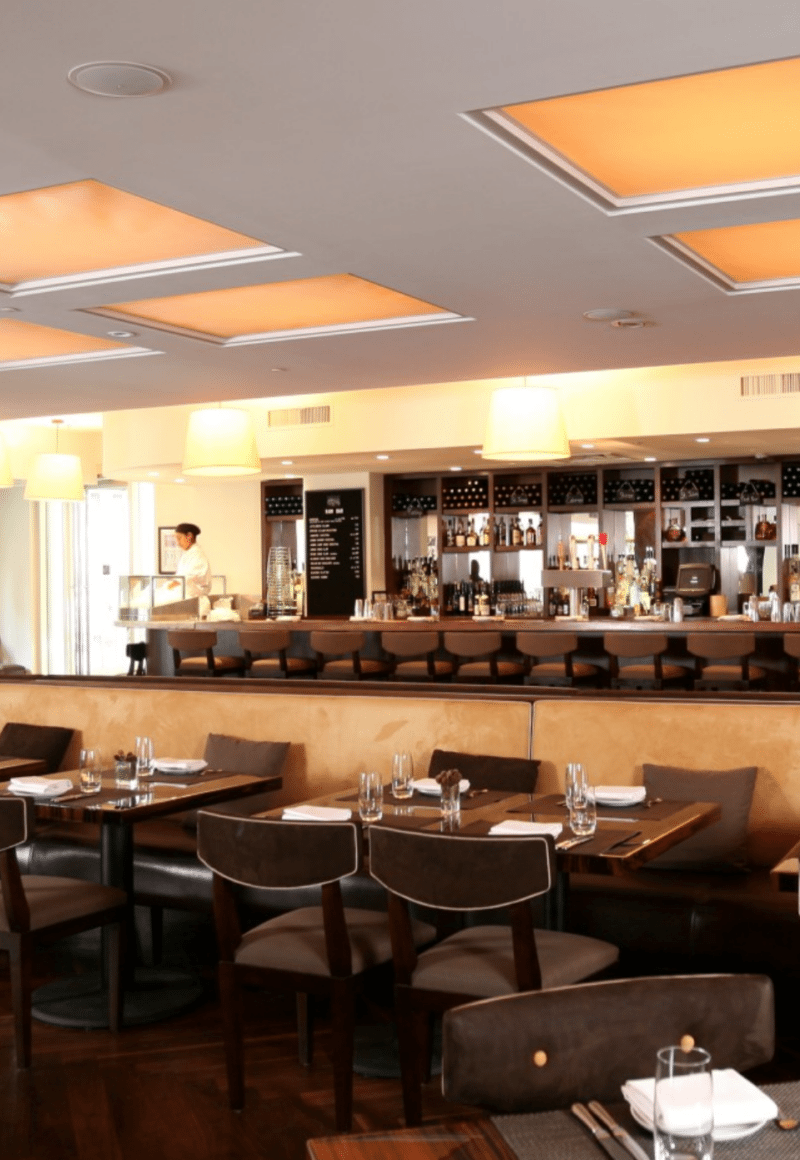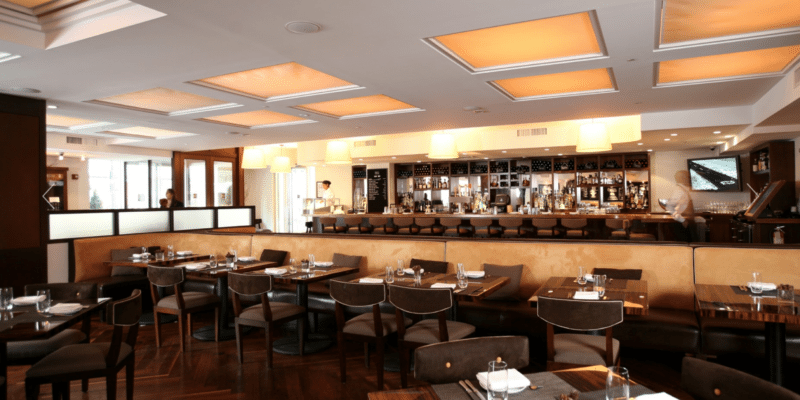Skift Take
We have a hard time feeling too bad for corporate season ticket holders. Plus, the potential upside for the restaurant business is encouraging.
— Kristen Hawley
Businesses — especially smaller firms — may scale back on treating clients to major league baseball games, golf outings and the like after Congress and President Donald Trump ended a tax break for such entertainment.
The tax overhaul that Trump signed Dec. 22 eliminated a 50 percent deduction for business-related expenses for “entertainment, amusement or recreation.” Suddenly, luxury boxes at stadiums and arenas — along with theater and concert tickets — will be more costly for firms that use them to woo clients.
Businesses that use the entertainment deduction extensively — including law, investment, accounting and lobbying firms — will have to gauge the effects on their bottom lines. Smaller businesses will be less able to absorb the cost.
“I am a long-time, long-suffering season-ticket holder to the New York Jets, so a lot of time, I take clients,” said Charles Capetanakis, a lawyer and certified public accountant at Davidoff Hutcher & Citron LLP, a mid-sized law firm in New York. Eliminating the deduction “is really going to hurt the small businesses that need to promote their business by entertaining clients.”
The loss of the entertainment deduction is a kind of counterpoint to the Republican Congress’s sweeping tax cuts for businesses. The overhaul slashed the corporate rate to 21 percent from 35 percent. It also created a new 20 percent deduction for many partnerships, limited liability companies, sole proprietorships and other “pass-through” businesses, whose owners pay individual tax rates on the income they earn.
One impact from the loss of the entertainment-expense deduction may be “smaller spends” on professional sports tickets, said Robert Delgado, the principal-in-charge of the compensation and benefits group of the Washington national tax practice at KPMG LLP. But the degree of any reduction “remains to be seen,” said Ed Sturm, a managing director at Deloitte Tax LLP, who heads the tax practice’s meals, travel and entertainment service areas.
“Each company will have to decide for itself whether the higher after-tax cost of these expenses makes good business sense,” Sturm said.
Some have already begun grappling with that decision.
The loss of the entertainment expenses “is painful,” said Washington lobbyist Ryan Ellis, who specializes in tax issues. But there’s still a bright side. Congress didn’t touch another break: Businesses still have a 50 percent deduction for clients’ meals — whether catered or at a restaurant.
Asked how K Street lobbyists in Washington would entertain clients going forward, Ellis said: “At restaurants.”
©2018 Bloomberg L.P.
This article was written by Lynnley Browning from Bloomberg and was legally licensed through the NewsCred publisher network. Please direct all licensing questions to [email protected].
![]()






